Top-Rated Digital Marketing Agency
Mach 1 Design Knows SEO
We are a full-service Digital Marketing Agency. Attract, Impress, and Convert more leads online. Accelerate your business growth with Mach 1 Design.
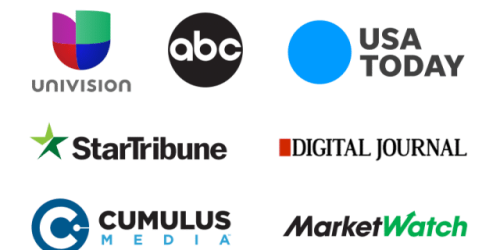
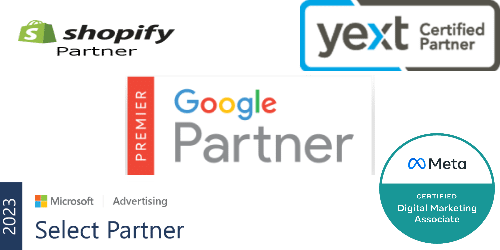
Our Clients Love The Digital Marketing We Provide
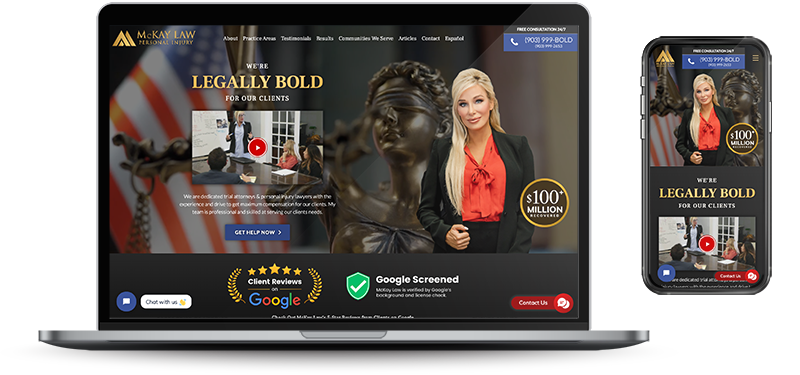
“Mach 1 Design used SEO and Content Marketing to increase traffic to my site. With the new traffic, we were able to sign 4 new clients within the first week and continue to grow daily. Don’t wait too long get started ASAP.“

Lindsey McKay
Personal Injury Attorney
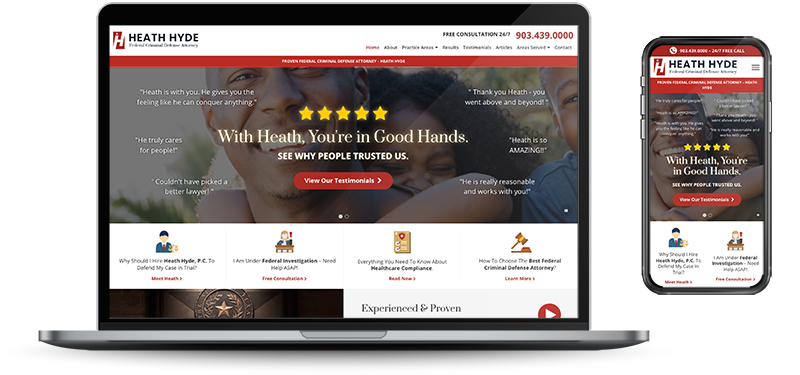
“Mach 1 Design hit the ground running right away. There was no delay whatsoever, they got right to work and were able to help us obtain 7 new clients within the first 3 weeks! I would recommend them to other lawyers as long as they don't practice in the same area as me...“

Lindsey McKay
Federal Criminal Defense Attorney
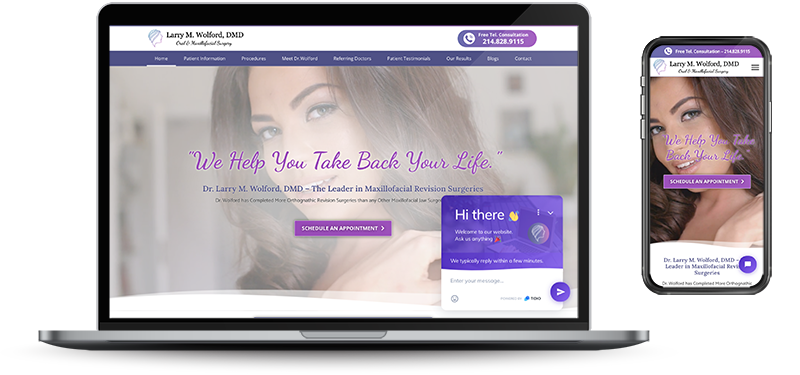
“Mach 1 Design used SEO and Social Media Management to enhance our online presence drastically. They were transparent throughout the entire process and have already referred them to colleagues of mine.“

Dr Larry Wolford
Doctor of Dental Medicine
Why Choose Mach 1 Design For All Your Digital Marketing?
In today’s digital age, having a strong online presence is crucial for businesses of all sizes. However, navigating the complex world of digital marketing can be overwhelming. That’s where Mach 1 Design comes in – we can help you develop a tailored strategy to reach your target audience and achieve your business goals. From social media management to search engine optimization, Mach 1 Design can provide a range of services to help your brand succeed online.
We will never attempt to sell our clients anything. Leveraging digital marketing for any business requires a broad set of talent, tools, and strength in numbers. Let our team take care of the heavy lifting while we work with you to identify which services will benefit you the most and how we can maximize your reach with each marketing channel.

We Have Proven Results
Would you buy a car without test driving it first? Of course not. The same applies to Digital Marketing Agencies. Don’t waste any more time and money on a strategy that isn’t converting. Mach 1 Design takes the time to listen to your business goals and needs and then builds a custom strategy to reach these goals. With multiple client testimonials we can not just say we are the best, we can prove it.

We Know Digital Marketing
Working with a digital marketer that actually knows digital marketing seems pretty obvious, but unfortunately, many companies are good at masking their inability to succeed. At Mach 1 Design we dedicate our time to achieving higher rankings, increased traffic and conversions, and a higher ROI for our clients. Most of our clients were not start-ups. They have already established their digital footprint and needed to be saved from their marketing agencies.

Transparent And Ethical
At Mach 1 Design, we believe in Transparency, Integrity, and Respecting our clients. Your company is branded and we strive to market the brand you represent. We don’t believe in “selling” a service that you don’t need or applying a one-size-fits-all approach to each client. Many Digital Marketing Agencies are just interested in how to make money off of you. At Mach 1 Design we want to know how to make your business grow.
Mach 1 design recognized by the media and platforms

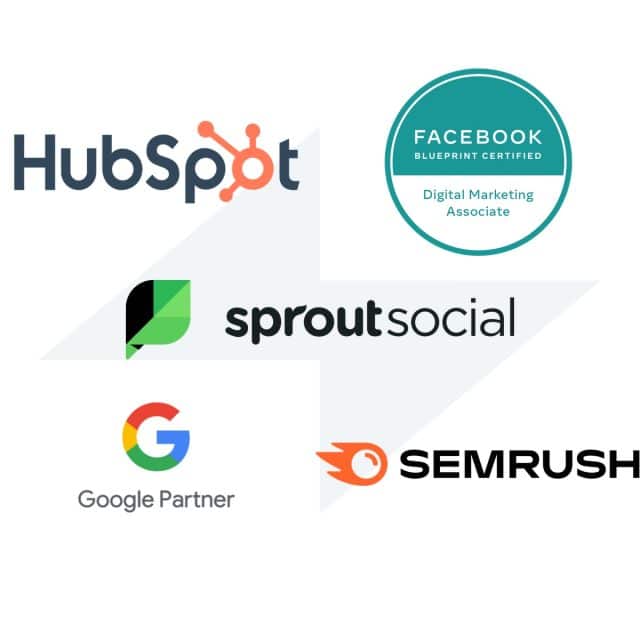
Mach 1 Design Digital Marketing Expertise
Search Engine Optimization (SEO)
Search Engine Optimization (SEO) is the process of optimizing your website to rank higher in search engine results pages (SERPs). This involves researching and selecting relevant keywords, optimizing your website’s content and structure, and building high-quality backlinks to your site. By implementing these white hat SEO practices, our team can help increase your website’s visibility and attract more organic traffic. We also track your progress using tools like Google Search Console to continually improve your SEO strategy and drive more conversions for your business.
Web Design and Development
At Mach 1 Design, we specialize in designing and developing websites that are tailored to your business needs and goals. Our team creates visually appealing and mobile-friendly websites that are optimized for search engines, ensuring that your site is easily discoverable by potential customers. We strategically place important elements on your site and use clear calls-to-action to encourage visitors to take action. We also simplify form fields and create content that speaks directly to your target audience. Plus, we avoid using carousels and rotating sliders, which can be distracting and negatively impact user experience.
Social Media Marketing
Looking to reach a wider audience and promote your business on social media? Our digital marketing agency specializes in creating effective social media campaigns that engage your followers and drive growth. We start by understanding your business goals, analyzing your competitors, and studying your customers’ online behavior. With this information, we develop personalized social media brand management and paid advertising strategies that are designed to help your business succeed. Let us help you take your social media marketing to the next level!
Online Reputation Management
In today’s digital age, your online reputation can have a significant impact on your business or personal success. That’s why it’s important to manage and improve your online presence. Our internet marketing agency can help with online reputation management by partnering with Rize Reviews to enhance your review generation, monitoring, and response publishing strategies. We use advanced software to streamline your ORM practices and increase the number of positive reviews you receive, ultimately leading to greater success.
Content Writing & Optimization
Effective content writing is essential for any website, as it not only drives traffic but also improves your search engine rankings. At Mach 1 Design, we understand the importance of quality content and have a team of skilled writers who can create engaging and informative content for your website. Our writers keep themselves updated with the latest industry trends and Google guidelines to ensure that your content is optimized for search engines. We use attention-grabbing headlines, relevant keywords, and visual aids to make your content more appealing and easy to read. Trust us to deliver content that will help your website stand out from the crowd.
Conversion Rate Optimization (CRO)
Conversion Rate Optimization (CRO) is the process of improving your website’s ability to turn visitors into customers. It involves analyzing user behavior, identifying areas for improvement, and implementing changes to increase the likelihood of a conversion. At Mach 1 Design, we offer CRO services that focus on optimizing your website for mobile and voice search, creating clear and concise landing pages, and simplifying site navigation to promote better conversions. With our help, you can move more visitors through the sales funnel and increase your conversion rate.
Pay Per Click Management (PPC)
Pay Per Click (PPC) marketing is a data-driven approach to reaching your target audience quickly and effectively. Our team of PPC Specialists are certified in AdWords, ensuring that your campaign is in the hands of experienced professionals. We create targeted ad copies, optimize bidding strategies and device targeting tactics, and closely monitor your ROI for each keyword. Additionally, we capitalize on seasonal trends to promote your products and drive high-volume leads and traffic. Trust us to help you achieve your marketing goals through PPC advertising.
Video Production & Optimization
Creating video content for marketing purposes can be a game-changer for your brand, but it’s important to do it right. By optimizing your video content for search engines, you can increase your chances of reaching a wider audience and engaging with potential customers. From the initial stages of location scouting and scriptwriting to the final touches of motion graphics and video editing, we can help you create captivating and SEO-optimized video content that will make a lasting impression on your audience and generate buzz in the online community.
eCommerce Optimization
With the eCommerce industry growing at a noticeable rate, it’s important to optimize your online store to stay ahead of the competition. Our internet marketing company offers a range of eCommerce solutions, including SEO and PPC, to drive traffic to your website and increase sales. We also focus on generating product reviews, optimizing product pages, and personalizing marketing strategies to meet the unique needs of your customers. With our help, you can provide round-the-clock convenience and promote your products effectively in the ever-growing eCommerce market.
Local SEO
Local SEO is crucial for businesses that want to attract customers in their area. Research has shown that a majority of consumers who search for local businesses online will visit or call within a day. At Mach 1 Design, we offer internet marketing services that can help you reach your ideal customers and increase sales. Our team focuses on ensuring consistency in your name, address, and phone number (NAP), optimizing your location pages, and building local links. We also use social media to keep your brand top of mind with your target audience.
Franchise SEO
Mach 1 Design offers franchise SEO services to help businesses expand their market reach and enhance their brand reputation. Our team develops a franchise marketing plan tailored to your target audience and service location. We optimize your business listings, create geo-targeted service pages and blog posts, ensure brand consistency, and encourage positive online reviews from your satisfied customers. Our goal is to assist you in managing and promoting all your franchisees and achieving high local rankings.
Technical SEO
Technical SEO is a crucial aspect of building a strong online presence. Our team of experts specializes in optimizing your website’s technical elements, including crawl errors, HTTPS status codes, site speed, redirects, and duplicate content. By improving your website’s crawlability and indexability, we help boost your search engine rankings. Additionally, we can add structured data markup and assist with site migration as needed to ensure your website is fully optimized for success.
Amazon Marketing Services (AMS)
With so many products available on Amazon, it can be difficult to stand out from the competition. That’s where a strong Amazon marketing strategy comes in. At Mach 1 Design, our team of experts specializes in Amazon SEO, PPC, and branding to help your products get noticed. We work to develop a targeted keyword strategy and optimize your product listings to lower your advertising costs and increase sales. Let us help you navigate the competitive world of Amazon marketing and achieve your business goals.
Backlink Building
Link building is an essential aspect of internet marketing that can help increase your website’s traffic and consumer trust. Our agency uses various tactics such as paid advertisements, sponsorships, and collaborations to place your content on high-authority websites. We also employ strategic guest blogging, publish unique and compelling content, distribute data-driven infographics, and boost social media engagement to build quality backlinks that drive more sales. With our expertise, you can acquire a steady stream of traffic and improve your online presence.
Custom Website Design
A custom web design can make all the difference in attracting and retaining your target audience. Our team of WordPress experts specializes in creating unique websites tailored to your specific niche market. We take the time to analyze your industry demands and design ADA compliant websites that make a positive first impression of your brand. Plus, our internet marketing services include ongoing site maintenance to ensure your website stays up-to-date and effective. Let us help you highlight your business’ unique value propositions with a professional custom web design.
eCommerce Website Design
Effective eCommerce web design is essential for online businesses to succeed. Mach 1 Design, an internet marketing agency, recognizes the importance of optimizing checkout design to increase conversions. In fact, a study by Baymard Institute found that an optimized checkout design can result in a 35 percent increase in conversions. By partnering with Mach 1 Design, businesses can highlight their competitive advantages and reduce cart abandonment, ultimately leading to greater success in the online marketplace.
Email Marketing
Email marketing can be a powerful tool for businesses, but it’s important to stand out in a crowded inbox. That’s where Mach 1 Design comes in. Our team creates personalized email newsletters that not only avoid spam folders, but also encourage your customers to take action. We take care of building your subscriber list, testing campaigns before delivery, and using power words and curiosity gaps to make your content irresistible. Say goodbye to deleted emails and hello to successful email marketing with Mach 1 Design.
Website Hosting
When it comes to launching a new website, choosing a reliable and secure hosting provider is crucial. At Mach 1 Design, we offer a range of hosting services to ensure your website is in good hands. Our digital marketing agency provides network monitoring, system backup and restoration, malware scanning and removal, file management, and WordPress acceleration. Additionally, we offer unlimited bandwidth and data transfer, DDoS prevention, and a free SSL certificate to enhance your site’s security. With Mach 1 Design, you can rest assured that your website is in good hands.
